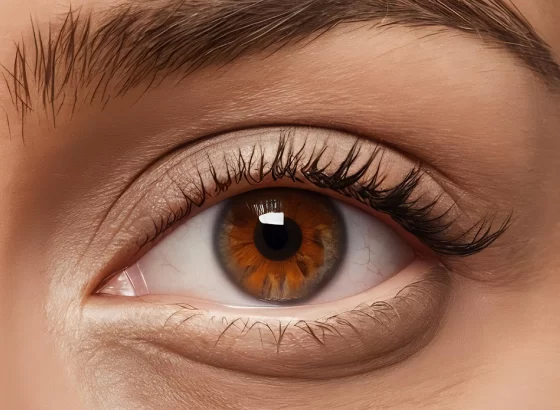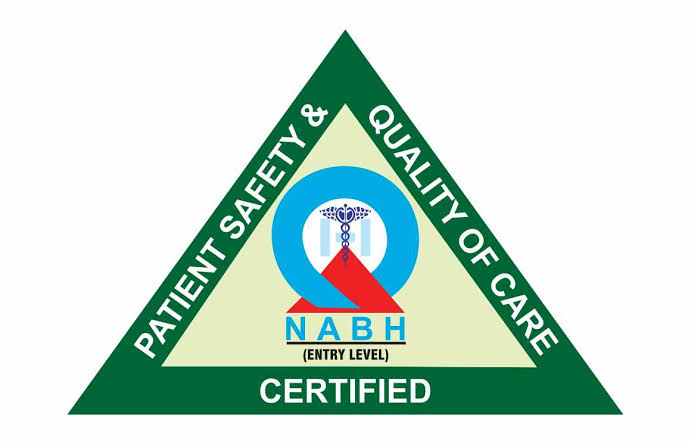Oculoplasty

Oculoplasty
Oculoplasty encompasses surgical procedures focusing on structures surrounding the eye, such as eyelids, tear ducts, and the orbit. These surgeries correct functional issues and improve aesthetics. Common procedures include eyelid surgery (blepharoplasty), repair of eyelid malpositions (entropion, ectropion), orbital decompression, lacrimal surgery, and orbital fracture repair. Oculoplastic surgeons, specialized ophthalmologists with training in plastic surgery, perform these procedures to enhance both the function and appearance of the eye region.
Why Oculoplasty?
There are various reasons why individuals may seek Oculoplasty intervention:
- Congenital Abnormalities: Some individuals are born with malformations affecting eyelid function or appearance. Oculoplasty offers corrective solutions to address these congenital challenges.
- Trauma: Accidents or injuries can lead to damage to the eye or surrounding structures, necessitating surgical intervention for repair and restoration.
- Age-related Changes: As we age, the delicate tissues around the eyes can change such as ptosis (drooping eyelids) or ectropion (eyelids turning outward), affecting both function and aesthetics.

At our facility, we understand the importance of providing advanced care in a safe and comfortable environment. Our hospital boasts state-of-the-art modular operation theatres outfitted with cutting-edge surgical instruments and technology. This ensures that every procedure is conducted with utmost precision and safety.
Moreover, we prioritize patient well-being by employing advanced monitoring and recording systems. These systems allow us to continuously monitor vital physiological parameters throughout the surgical process, ensuring comprehensive care and meticulous observation.
1. How long does it take to recover from oculoplastic surgery?
Recovery time varies depending on the specific procedure performed and individual healing factors. Most patients can expect some swelling and bruising initially, with gradual improvement over several weeks.
2. What are the potential risks or complications of oculoplastic surgery?
Risks may include bleeding, infection, scarring, asymmetry, and anaesthesia complications. Your surgeon will discuss potential risks and benefits with you before the procedure to ensure informed decision-making.
3. Can oculoplasty procedures improve vision?
While oculoplastic surgery primarily focuses on restoring function and appearance, certain procedures such as eyelid ptosis repair or tear duct surgery may indirectly improve vision by addressing underlying issues affecting eye health.
4. How soon can I resume normal activities after oculoplastic surgery?
The timeline for returning to normal activities varies depending on the procedure performed and individual recovery. Your surgeon will provide specific post-operative instructions and guidelines for activity restrictions.
5. Can oculoplastic surgery correct eyelid drooping (ptosis)?
Yes, eyelid ptosis (drooping) can be corrected through various surgical techniques, including levator muscle repair or frontalis sling surgery, depending on the severity of the ptosis and underlying causes.
6. Are oculoplastic procedures covered by insurance?
Coverage for oculoplastic procedures may vary depending on the specific condition being treated and your insurance plan. Our team can assist you in verifying insurance coverage and understanding any associated costs.

